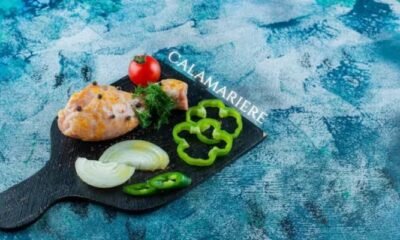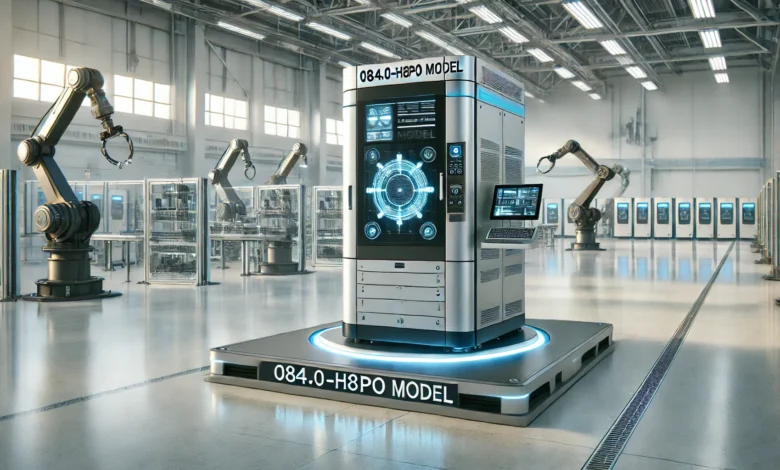Blog
Uvlack: The Ultimate Guide to Benefits, Applications, and Future

Introduction to Uvlack
Uvlack is a specialized UV-curable coating designed to provide exceptional durability, chemical resistance, and aesthetic enhancement for various surfaces. In today’s industrial world, coatings must do more than just look appealing — they need to protect, preserve, and perform under extreme conditions. Uvlack meets all these requirements, making it an indispensable solution for multiple industries.
Its unique formulation cures quickly when exposed to ultraviolet light, forming a hard, protective layer. This efficiency not only reduces production time but also minimizes environmental impact compared to traditional coating methods.
What is Uvlack?
Uvlack refers to a UV-curable lacquer that offers a clear or pigmented protective finish. Unlike conventional coatings, hardens instantly under UV light, eliminating the need for lengthy drying processes. Manufacturers in furniture, automotive, electronics, and printing sectors have widely adopted it due to its efficiency and superior performance.
Key Benefits of Uvlack
1. Rapid Curing Time
One of the most notable advantages of is its rapid curing ability. As soon as the coating is exposed to UV light, it solidifies in seconds, significantly reducing production delays.
2. Enhanced Durability
Uvlack creates a surface that is scratch-resistant, chemically stable, and able to withstand prolonged exposure to sunlight without yellowing. This durability makes it ideal for high-traffic and outdoor applications.
3. Environmental Friendliness
Since formulations often contain fewer volatile organic compounds (VOCs), they release minimal harmful emissions, aligning with eco-friendly manufacturing standards.
4. Aesthetic Versatility
From glossy to matte finishes, can be tailored to suit various design requirements, offering not only protection but also visual appeal.
Popular Applications of Uvlack
1. Furniture Industry
Wooden furniture benefits greatly from due to its protective qualities and smooth finish. Dining tables, cabinets, and decorative items remain beautiful for years without frequent re-polishing.
2. Automotive Sector
Automotive parts, especially interior panels and trim, use for a premium finish and long-term wear resistance.
3. Electronics Manufacturing
Smartphone casings, laptop surfaces, and audio equipment often feature to protect against scratches and fingerprints.
4. Printing and Packaging
In packaging, uvlack adds gloss, protection, and premium appeal to printed materials, labels, and luxury boxes.
Uvlack Application Process
Surface Preparation
The surface must be cleaned and free from dust, oil, or previous coatings. Proper preparation ensures optimal adhesion.
Coating Application
Uvlack can be applied using spray, roller, or curtain coating methods, depending on the product and desired finish.
UV Curing
Once applied, the coated surface passes through a UV curing unit where powerful UV lamps instantly harden the lacquer.
Why Industries Prefer Uvlack Over Conventional Coatings
The main reason is efficiency. Traditional coatings require extended drying times, multiple coats, and often higher VOC emissions. eliminates these drawbacks, enabling faster production cycles and better environmental compliance.
Additionally, the final finish achieved with is smoother and more consistent, reducing the need for post-processing or polishing.
Maintenance and Care for Uvlack-Coated Surfaces
Although uvlack provides robust protection, proper maintenance prolongs its lifespan. Regular cleaning with mild soap and water prevents buildup of dirt or grime. Abrasive cleaners should be avoided, as they may scratch the finish.
Recent Innovations in Uvlack Technology
Advancements include anti-microbial coatings for healthcare environments and improved formulations that offer higher flexibility without compromising hardness. These innovations open new possibilities in wearable electronics, medical devices, and luxury consumer goods.
Common Misconceptions About Uvlack
- Myth: Uvlack is only for glossy finishes.
Fact: Uvlack can produce matte, satin, or gloss finishes. - Myth: It is harmful to the environment.
Fact: Modern formulations are eco-friendly and low in VOCs. - Myth: It is too expensive.
Fact: Long-term durability reduces maintenance costs, making it cost-effective.
Challenges in Using Uvlack
Despite its benefits, uvlack requires specialized UV curing equipment, which can be costly for small-scale operations. Additionally, certain materials may need pre-treatment to ensure adhesion.
Future of Uvlack in Industry
With ongoing research into sustainable materials, the next generation of coatings will likely incorporate biodegradable resins and improved resistance to extreme conditions.
Industries are also exploring the integration of with nanotechnology for self-cleaning and anti-fingerprint properties.
FAQs About
1. What surfaces can be applied to?
Uvlack works on wood, metal, plastic, and even paper-based materials with proper surface preparation.
2. Is uvlack safe for indoor use?
Yes, especially low-VOC variants, which are safe for indoor environments.
3. How long does uvlack last?
With proper maintenance, coatings can last several years without losing their protective qualities.
4. Does uvlack yellow over time?
High-quality uvlack is formulated to resist yellowing, even under prolonged sunlight exposure.
5. Can uvlack be reapplied?
Yes, but the old layer must be sanded or stripped for best adhesion.
6. Is uvlack waterproof?
Yes, it provides an excellent moisture barrier for most surfaces.
Conclusion
Uvlack has transformed the way industries approach surface protection and aesthetics. Its rapid curing, long-lasting durability, and eco-friendly nature make it a preferred choice in manufacturing, automotive, furniture, and beyond. As technology advances, the potential for applications will only grow, promising even more efficient, sustainable, and versatile solutions for the future.
-

 Blog5 months ago
Blog5 months agoKate Garraway’s New Partner 2024: A Fresh Chapter Begins
-

 Health5 months ago
Health5 months agoCandizi – The Ultimate Game-Changer in Wellness and Lifestyle
-

 Blog5 months ago
Blog5 months agoHanime1 – Everything You Need to Know for a Better Experience
-

 Food5 months ago
Food5 months agoCalamariere: A Tasty Seafood Delight That Shines
-

 Blog5 months ago
Blog5 months agoPowerful 7-Step Guide to هنتاوي com: Boost Organic Traffic Now
-

 Blog5 months ago
Blog5 months agoUnited Airlines Flight UA770 Emergency Diversion
-

 Blog5 months ago
Blog5 months agoTractor Supply Sales Associate Job Description (2025 Update)
-

 Technology5 months ago
Technology5 months agoExploring the Power and Potential of the 084.0-h8po Model
